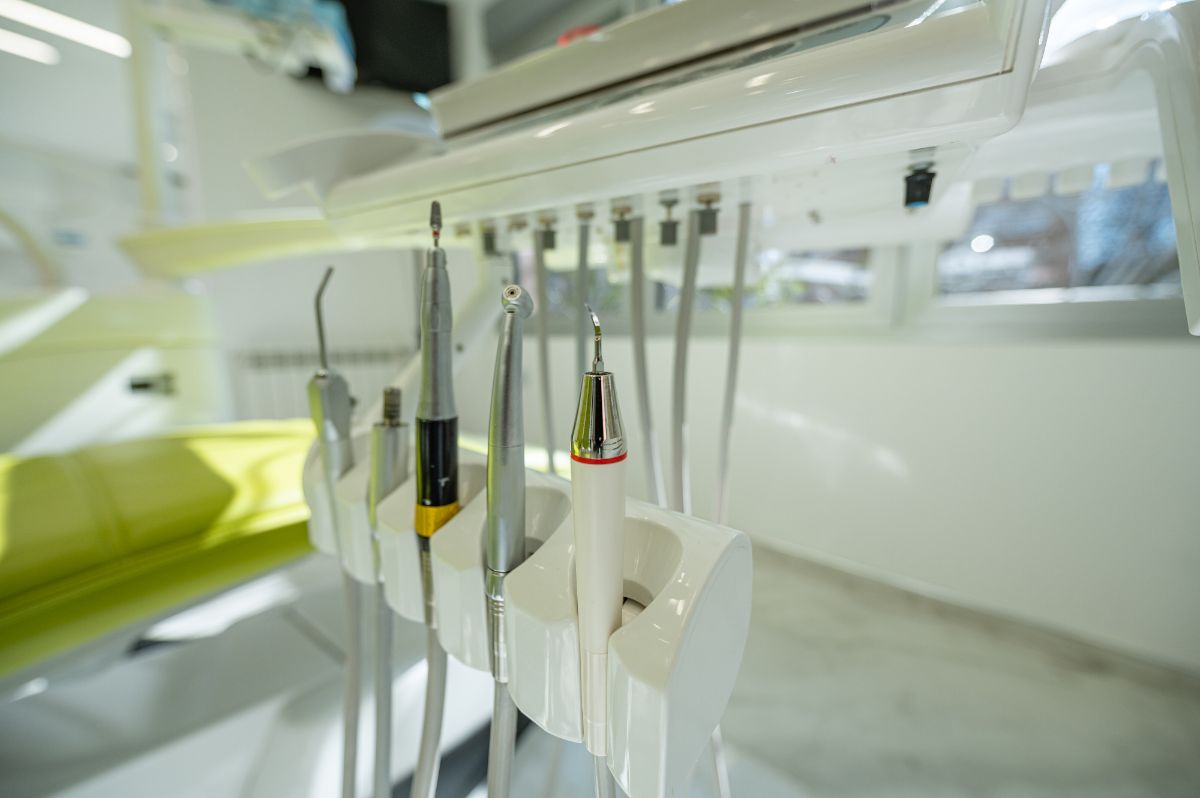How do you prepare for heart surgery?
- Maintain a heart-healthy diet.
- If you smoke or drink, quit or cut down on both.
- See your dentist.
- Discuss details with your doctor.
- Get necessary clearances from other doctors.
- Plan with your family regarding what will happen post-surgery.
- Do not eat or drink after midnight the night before.
Heart surgery is a serious operation that is unavoidable once your doctor recommends it. If you are concerned about how the operation with go, one of the best things you can do to avoid complications is to prepare for it adequately. In this article, we’ll discuss how to prepare for heart surgery. Read on to know more!
Maintain a Heart-Healthy Diet

If you want to avoid any complications and achieve a speedy recovery, you should be as healthy as possible—and that includes exercising, avoiding stress, and having a good, heart-healthy diet.
A cardiac diet (the unofficial term for food that is good for the heart) includes vegetables and fruits, whole grains, lean poultry, and oily fish like salmon and tuna which are high in omega-3 fatty acids.
If You Smoke or Drink, Quit or Cut Down on Both
Smoking or drinking can delay postsurgical healing, so you should quit smoking at least two weeks before your open-heart procedure, and quit drinking at least a month before.
Drinking in particular can have adverse effects on your liver, immune system, and natural blood coagulation, which will put you at risk for surgical complications. On the other hand, you need to be able to take deep, slow breaths in order to get your heart pumping at a normal rate, something that will be hard to do if you smoke regularly.
See Your Dentist

This might come as a surprise to you, but physicians and dentists often collaborate when it comes to certain dental issues like abscesses and infected teeth. That’s because these infections can spread to your heart in the form of endocarditis, an infection of the heart’s lining.
That doesn’t necessarily mean you need extraction of infected teeth but seeing a dentist before heart surgery is crucial regardless.
Discuss Details with Your Doctor
During your final appointment before surgery, you and your doctor need to flesh out and confirm details regarding what to bring to the hospital, which medications to take and which to skip on the morning of your operation, and what signs or symptoms to look out for post-surgery.
Do your research, but don’t scare yourself with things that have nothing to do with your specific type of surgery. Trust us—the best way to know what to expect is through your professionally trained doctor, not through a Google search.
Get Necessary Clearances from Other Doctors

If you have a preexisting or chronic disease or illness, you need to talk to the doctor who manages that illness with you before undergoing any kind of treatment, particularly something as serious as heart surgery.
For example, if you have diabetes, it’s best to talk to your endocrinologist and get his or her go signal to have the surgery. It also follows that if you are taking certain medications to manage your physical or mental health, like mood stabilizers or maintenance meds, you need to talk to the doctors prescribing those to see if the operation or post-surgery medication will interfere with your current medication.
Plan with Your Family Regarding What will Happen Post-surgery
There are a number of things you need to clear up with your family before the surgery, including:
- Arrangements for how you’ll return home—you will not be able to drive for several weeks after surgery
- Whether they can assist you for at least a couple of weeks after you get home—you will not be able to lift more than 5 to 10 pounds, so daily activities like grocery shopping or laundry will be impossible to do without help
- Lowering your activity levels for a while after the surgery
- Organizing your house for when you return
- If you have a pet, plans for pet care
Finally, don’t forget to make an appointment to see your cardiologist about a week after surgery, or when he or she requires you to return.
Do Not Eat or Drink after Midnight the Night Before
The exact time can vary depending on your doctor and on what time your surgery will start, but a general rule is that you cannot eat or drink anything pre-surgery. Your doctor will be responsible for telling you exactly how long or at what time you should stop consuming food or drinks.
Key Takeaway
In this article, we tackled how to prepare for heart surgery and discussed some of the things you need to either do or take care of months, weeks, or days in advance. Heart surgery is a serious process and, if you want everything to go well, the best you can do is to come fully prepared.
Another thing you can do is rely on the expertise and experience of a well-trained and professional doctor. At Perpetual Help Medical Center – Las Pinas, our heart surgeons, and doctors are experts in their field who will make sure that your surgery is a success. Their patient outcomes are at par with those of top hospitals in the country, as evidenced by their success rates at the Cardiovascular Operating Room and Catheterization Laboratory of our Heart and Vascular Institute.
Additionally, PHMC has the most advanced facilities in the country for performing open heart surgery such as coronary artery bypass grafting, carotid endarterectomy, aortic aneurysm repair, AV (arteriovenous) Fistula Creation, and other vascular surgeries. Don’t hesitate to contact us today to speak to a cardiologist.

